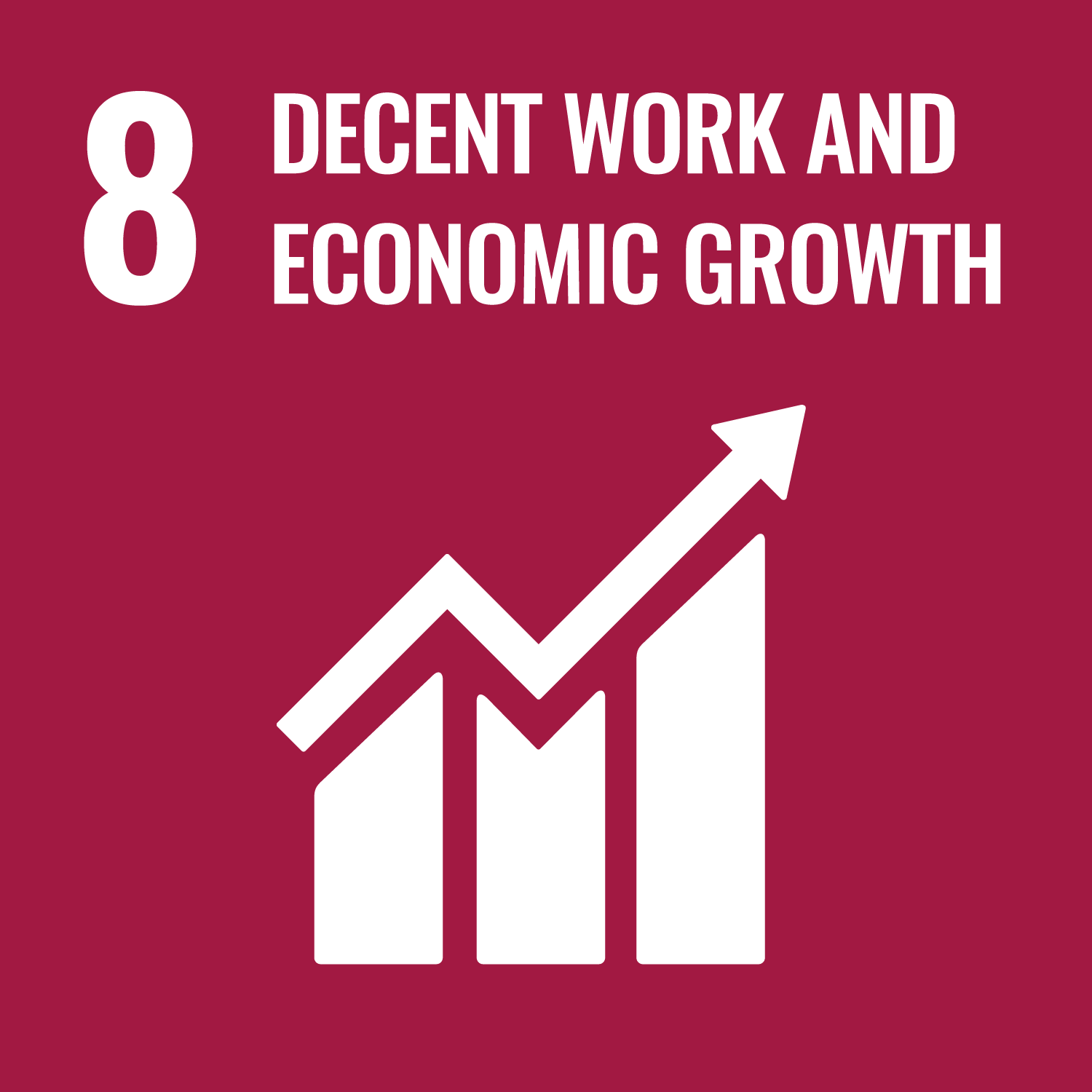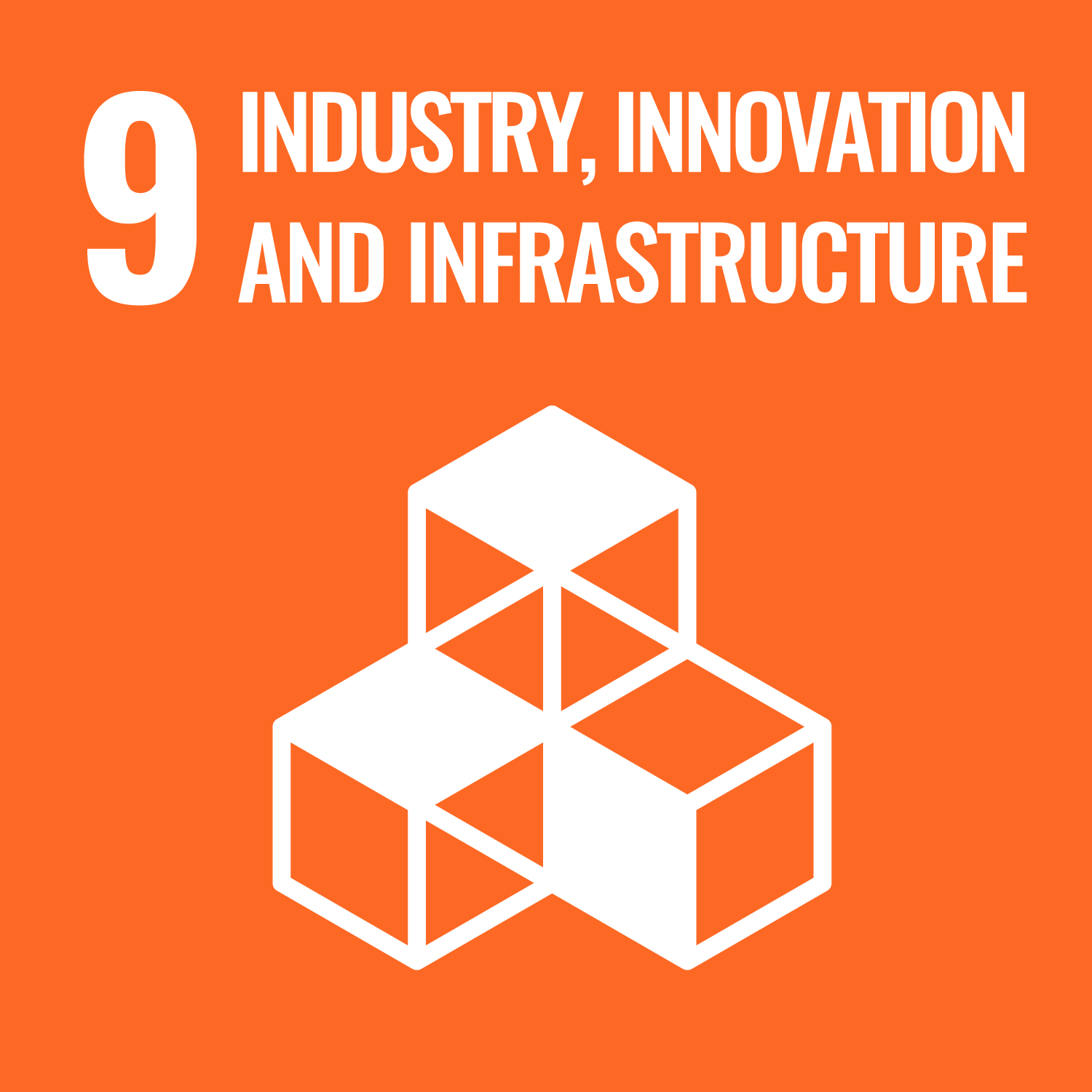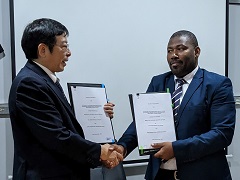On January 24, the Japan International Cooperation Agency (JICA) signed a Record of Discussions with the Government of the United Republic of Tanzania for the Project on Strengthening Manufacturing Enterprises through Quality and Productivity Improvement (KAIZEN) Phase 3, a technical cooperation project.
Tanzania, which is located in East Africa, has positioned the "promotion of industrialization" as a priority area of national policy, and has identified the spread of KAIZEN (*) as one of the targets to be achieved in order to promote industrialization. JICA has been working to develop human resources to promote KAIZEN, known as "KAIZEN promoters," and to introduce the concept to enterprises. However, there are still issues to be addressed when it comes to effectively spreading KAIZEN throughout Tanzania, such as the need to further strengthen the capacity of KAIZEN promoters and the low level of recognition of KAIZEN and the benefits to enterprises it can offer.
The target regions of the project are eight of Tanzania’s mainland provinces, as well as the island of Zanzibar. The project will contribute to an improvement in the competitiveness of micro, small, and medium-sized enterprises by enhancing the capacity of KAIZEN promoters who can lead in the fields of KAIZEN and business management, providing consulting services to enterprises and conducting awareness-raising activities. In addition, an impact evaluation (**) will be conducted to scientifically verify the effectiveness of the introduction of KAIZEN. This project will contribute to the achievement of SDGs (Sustainable Development Goals) Goals 8 (Decent work and economic growth) and 9 (Industry, innovation and infrastructure).
Details for the project are provided below.
[Basic project information]
| Country |
United Republic of Tanzania |
| Project title |
The Project on Strengthening Manufacturing Enterprises through Quality and Productivity Improvement (KAIZEN) Phase 3 |
| Planned implementation period |
48 months |
| Executing agency |
Tanzania KAIZEN Unit (TKU) in the Ministry of Investment, Industry and Trade (MIIT), Small Industries Development Organization (SIDO), College of Business Education (CBE), Ministry of Trade and Industrial Development (MTID) of Zanzibar, Micro, Small and Medium Industrial Development Agency (SMIDA) of Zanzibar |
| Target region |
Dar es Salaam, Dodoma, Morogoro, Mwanza, Arusha, Kilimanjaro, Mbeya and Singida, and Zanzibar |
Specific project details
(provisional) |
The project will develop a system to promote KAIZEN all over the country among micro, small and medium-sized enterprises by improving the capabilities of KAIZEN promoters, providing consulting services to these enterprises, conducting educational awareness-raising activities, and sharing best practices, etc. |
(*)“KAIZEN” is a comprehensive knowledge system that utilizes 5S (sort, set in order, shine, standardize, sustain), the 7QC Tools (the seven basic quality tools), and TQM (total quality management), etc., with a core value of creating a shared desire among all members of an organization to consistently pursue advanced levels of quality and productivity. KAIZEN is characterized by changing the mindsets of managers and workers, promoting teamwork, and enhancing communication, and then disseminating these benefits to the whole company using a continuous approach.
For further information, see the “KAIZEN HANDBOOK (Summary)”
(**)“Impact Evaluation” is an evaluation method that rigorously measures the changes brought about in the target society through policies and projects. Collecting data and using scientific approaches of statistics and economics to analyze said data, impact evaluation makes it possible to more accurately grasp the changes brought about by projects while eliminating the effects of external factors.







scroll